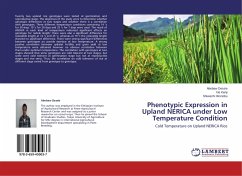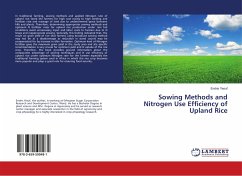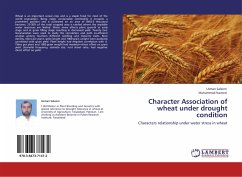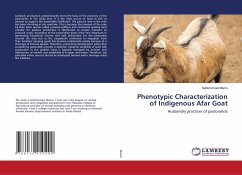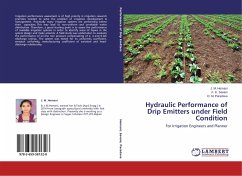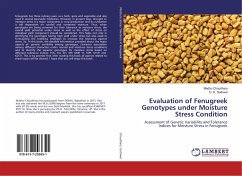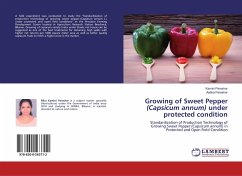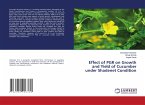Twenty two upland rice genotypes were tested at germination and reproductive stage. The objectives of the study were to determine whether genotypic differences at two stages and weather there is a correlation with genotypes. Three different temperature conditions containing 14 °c for 30 days, 19 °c for 20 days and 25 °c for 7 days were used. The result of ANOVA in each level of temperature indicated significant effects on genotype for radicle length; there were also a significant difference for coleoptile length at 14 °c and 25 °c, whereas at 19 °c the coleoptile length showed no significant difference. There were strong significant differences between genotypes on panicle exertion at low temperature. A strong positive correlation between spikelet fertility and grain yield at low temperature were obtained however no obvious correlation between them under optimum temperature. The correlation with genotypes at two stages showed that some genotypes are cold tolerant at two stages, but some were cold tolerant at germination stage but not at reproductive stages and vice versa. Thus, the correlation on cold tolerance of rice at different stage varied from genotype to genotype.
